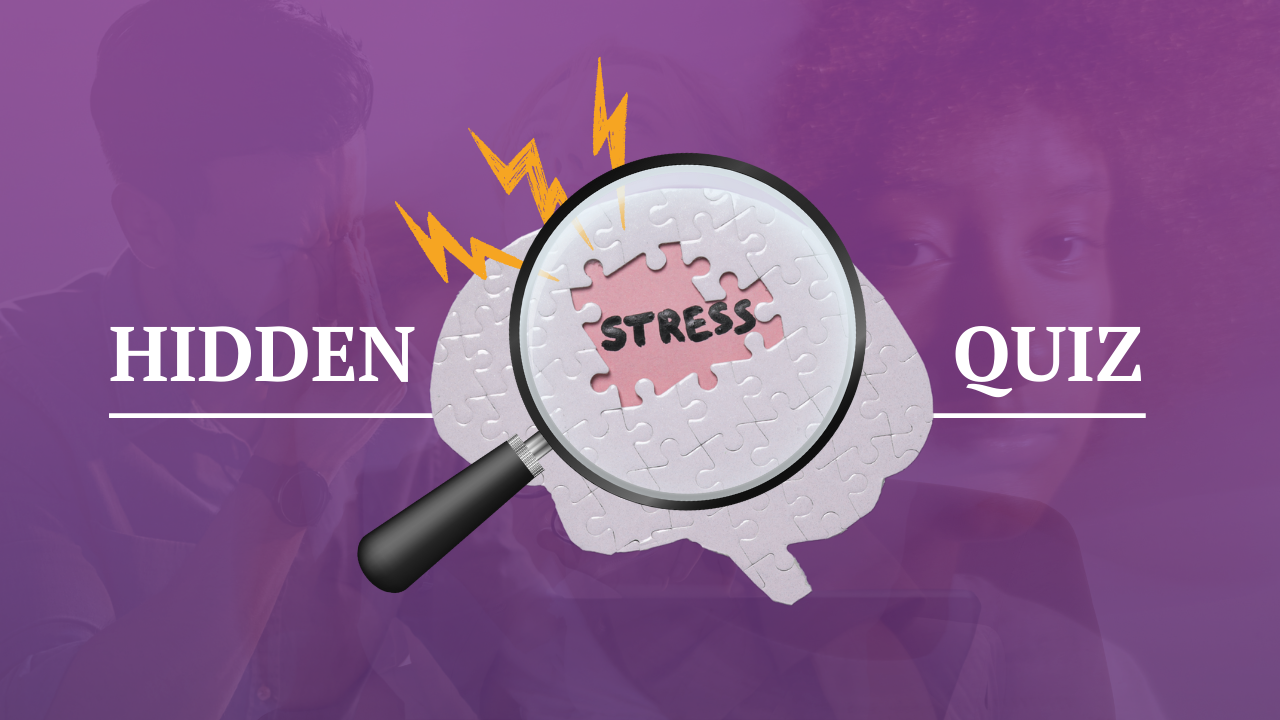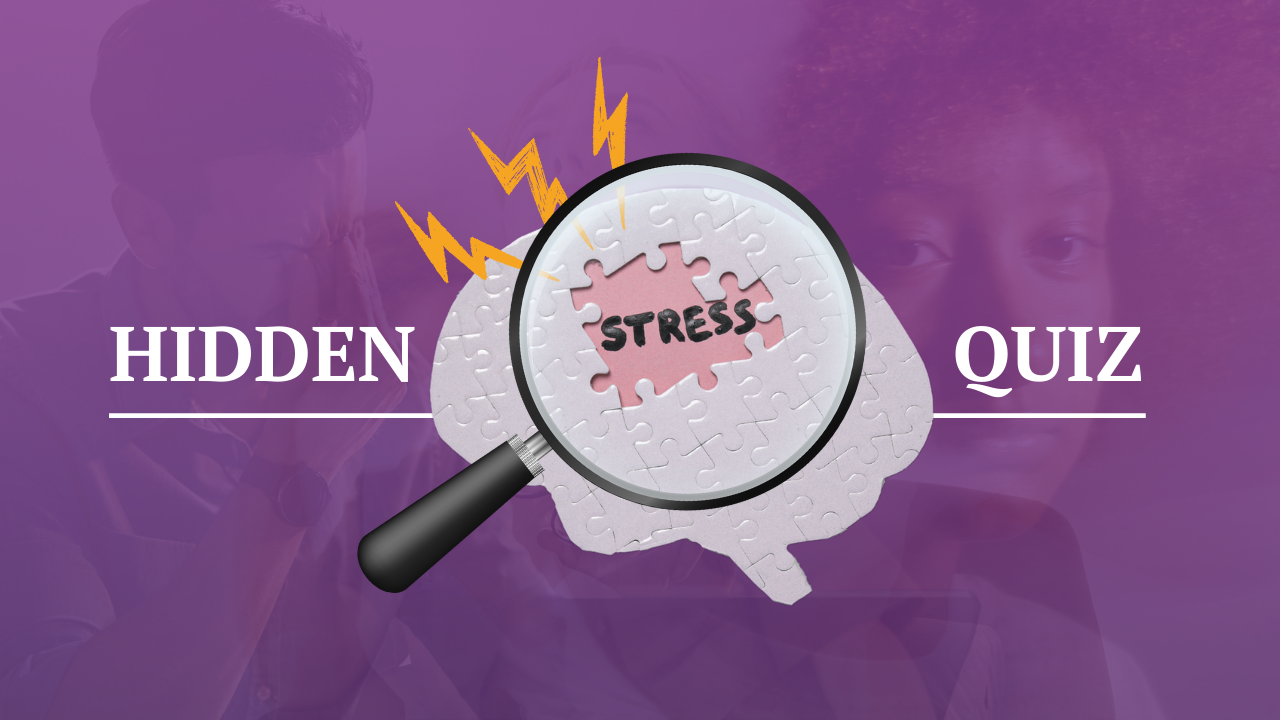Loving Someone With ADHD—Without Losing Yourself
Oct 15, 2025
“I feel like I’m always nagging—and he still forgets anyway.”
That’s what one of my clients told me during couples work. Her husband, recently diagnosed with ADHD, felt like he couldn’t do anything right. She felt ignored, exhausted, and guilty for being frustrated. Sound familiar?
In relationships where one partner has ADHD, it’s common to fall into patterns of resentment and miscommunication (Barkley & Murphy, 2006). What looks like carelessness is often executive dysfunction. What feels like disinterest might be overwhelm. The key is remembering: ADHD isn’t a character flaw—it’s a neurobiological difference.
Understanding that changes everything.
Try This: 3 Ways to Love Someone With ADHD (and Still Care for Yourself)
1. Separate the Symptom from the Person
Forgetfulness or zoning out aren’t personal slights. They’re signs of how ADHD affects attention and memory. Learning to depersonalize those moments can ease hurt feelings. Take time to learn more about ADHD—education can soften judgment and build compassion. (And if you’d like a few of my favorite books, podcasts, or other resources, feel free to email me [email protected]—I’m always happy to share what I’m learning.)
2. Create External Systems—Together
Shared calendars, visual reminders, checklists—these aren’t “babying,” they’re support tools. Co-creating systems builds teamwork and reduces friction.
3. Protect Your Own Peace
Compassion doesn’t mean depletion. Join a support group, talk to a therapist, or carve out alone time. You matter too.
One partner I worked with told me, “I can show up with more love now—because I’ve made space for myself, too.”
That’s the kind of love I believe in. The kind where compassion flows in both directions. For more tools on building emotional peace—together and alone—check out Cultivating Inner Peace. It’s a guide for anyone trying to love well without losing themselves. Read more here.
References
Barkley, R. A., Fischer, M., Smallish, L., & Fletcher, K. (2006). Young adult outcome of hyperactive children: Adaptive functioning in major life activities. Journal of Abnormal Psychology, 115(3), 553–567.
Shaw, P., Stringaris, A., Nigg, J., & Leibenluft, E. (2014). Emotion dysregulation in attention-deficit/hyperactivity disorder. American Journal of Psychiatry, 171(3), 276–293. https://doi.org/10.1176/appi.ajp.2013.13070966
Barkley, R. A., & Murphy, K. R. (2006). Attention-deficit hyperactivity disorder: A clinical workbook (3rd ed.). Guilford Press.


